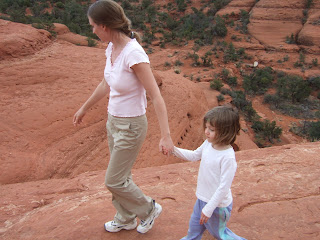Merry Goes to State
She's had supper. Burritos. You are lucky, I told her.
Any minute she'll knock on the door and then we'll repair to the laundry room, where I keep our printer these days (a trick of the small house), and print out her last documents for History Day.
About a month ago, she and her friend Molly finished work on an enormous trifold about the Everett Massacre. I knew nothing about Wobblies or the IWW or even about Everett, Washington, an industrial city close to Seattle. But boy, do I now. And, as history has a way of doing, now I care about all of it, too. It's the same story that happened so often in the early days of industrialism: workers suffered greatly at the hands of Masters, they tried to unionize, they were beaten and killed. In this case, underpaid mill workers, many of whom had lost fingers and worse at work, were about to land peaceably in the Everett, "city of smokestacks," when deputies opened fire on the ship, and continued shooting at those who jumped overboard in a desperate attempt to escape.

Merry and Molly immersed themselves in history and thought intelligently and felt compassionately all the way through their research, and at Regionals, the judges must have noticed, because they came away with first prize. Last weekend, we snuggled on the couch and watched the BBC North and South, Elizabeth Gaskgill's stunning work about industrialism in England. Afterwards, Merry mused, "I thought it was an exaggeration to call what happened in Everett a massacre. Only five deaths were recorded and I didn't think that counted as a massacre. But now I realize that each of those people had a family and a real life."
A couple nights ago at bedtime, she turned a tear-streaked face to me and asked: Why are people who just want to do the right thing punished for it? Why does this still happen around the world? Why are we so lucky that we get to live in a place where we are born with rights?
I remind myself: that's why it's so important to engage dynamically with history. So that we are moved, so that we ask the questions that shape the world for the better, so that we learn from the real stories of others, people just like ourselves.
 |
| Since this photo, the girls have added a lot to their board. Their bibliography, which contains primary resources as well as secondary, is near 10 pages long! |




Comments